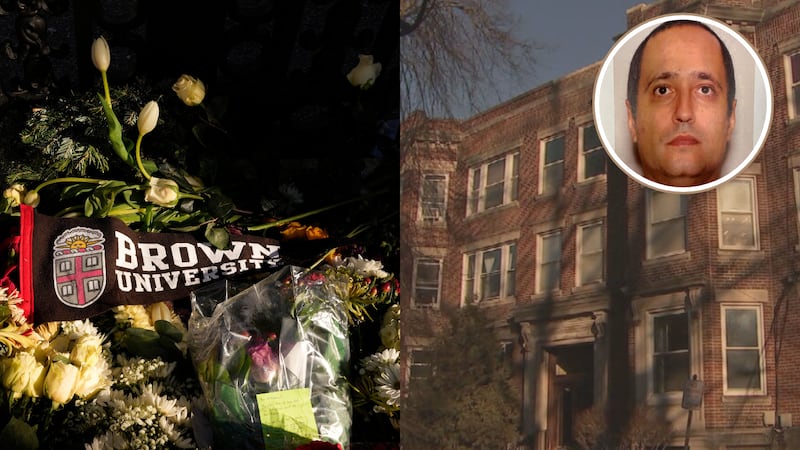BOSTON — It’s Immunology 101: you get infected by a virus and the immune system produces antibodies that, ideally, kill off the invader.
The lasting evidence for those biological skirmishes are the circulating antibodies that can be picked up on a test. The presence of those antibodies would normally indicate the body’s readiness to take on the same pathogen again, and thus immunity.
But when it comes to COVID-19, antibody presence alone doesn't tell much about whether you can become re-infected, said Dr. David Walt, MD, PhD, of Brigham and Women's Hospital.
"What we don't know is what the extent of the antibody response in the population is," Dr. Walt said.
>>>MORE: Brigham Health offers COVID-19 testing, food boxes at new site
That's somewhat due to the wide variability in symptoms with COVID-19. While tens of thousands have died in the U.S., some estimates put the proportion of those suffering mild to even no symptoms at 25-to-50%.
And the immune response in the mildly symptomatic may also be so mild that they are not immune to re-infection.
Dr. Walt runs a lab where they recently came up with a highly specific, highly sensitive test for COVID-19 antibodies.
"What we're hoping to do with our particular method that we've developed is to use it to identify the types of antibodies that actually will result in a neutralizing effect," he said. "And to differentiate it from antibody responses that may, in fact, not leave the host protected against a second infection or even infecting other people."
The test will be studied over the next year on blood samples taken from healthcare workers at Brigham and Women’s and Massachusetts General Hospital.
Even in those who do mount a strong immune response against COVID-19, it’s likely to result in transient natural immunity, if the history of two other notorious coronaviruses – SARS and MERS – is any guide.
“Some of the individuals who were infected [with SARS or MERS], their antibodies disappeared within two months. In others it took up to two years,” Dr. Walt said. “And so I think the expectation would be that at most or at best this [COVID-19 immunity] would be a few years of protection. At worst, it might be a few weeks, if people don’t develop particularly robust responses.”
Download the free Boston 25 News app for up-to-the-minute push alerts
>> Complete local and national coronavirus coverage here
RESOURCES:
- Massachusetts Coronavirus Information
- Boston Coronavirus Information
- Follow us on Facebook and Twitter | Watch Boston 25 NOW





